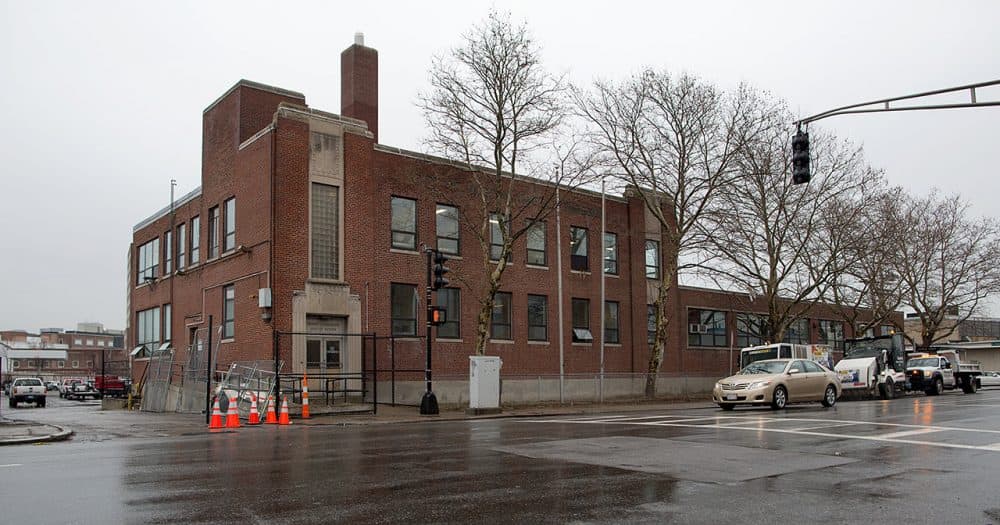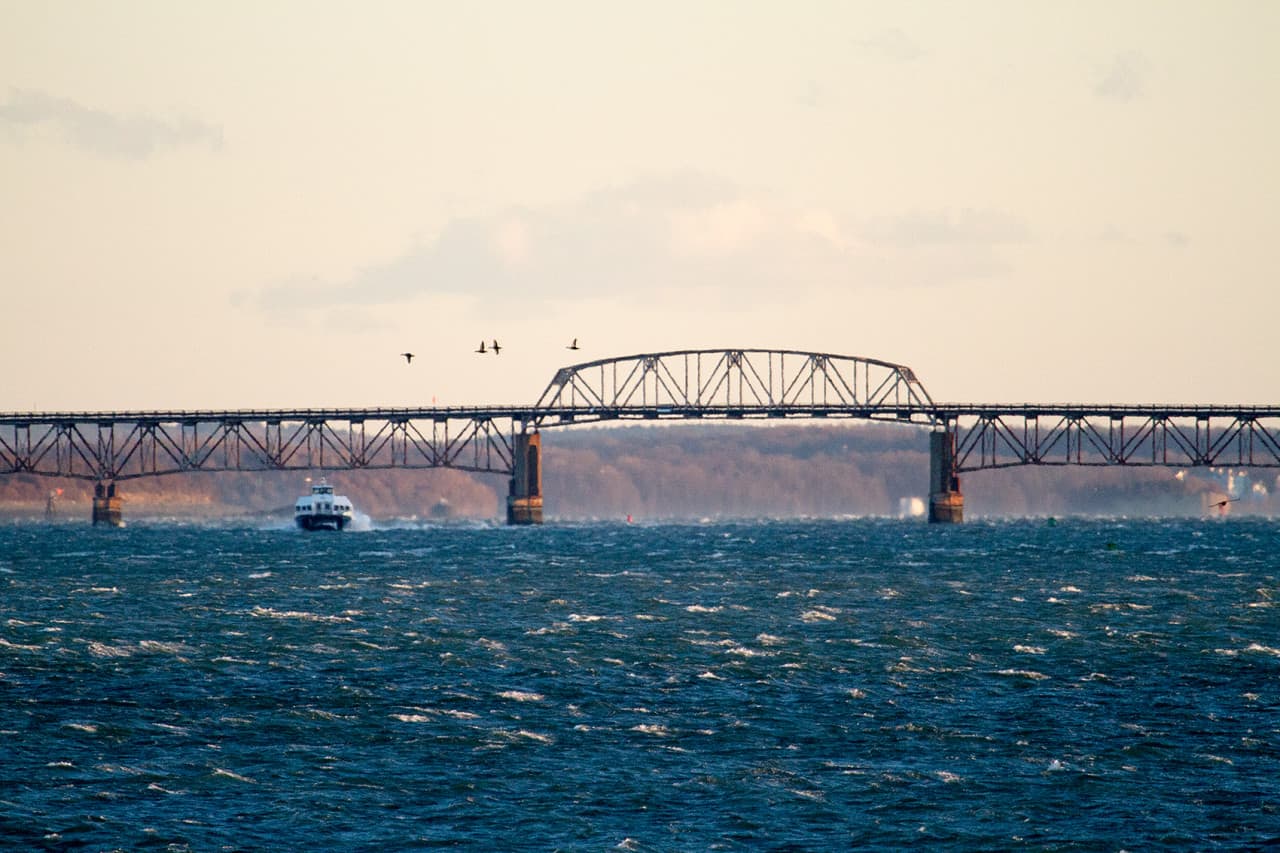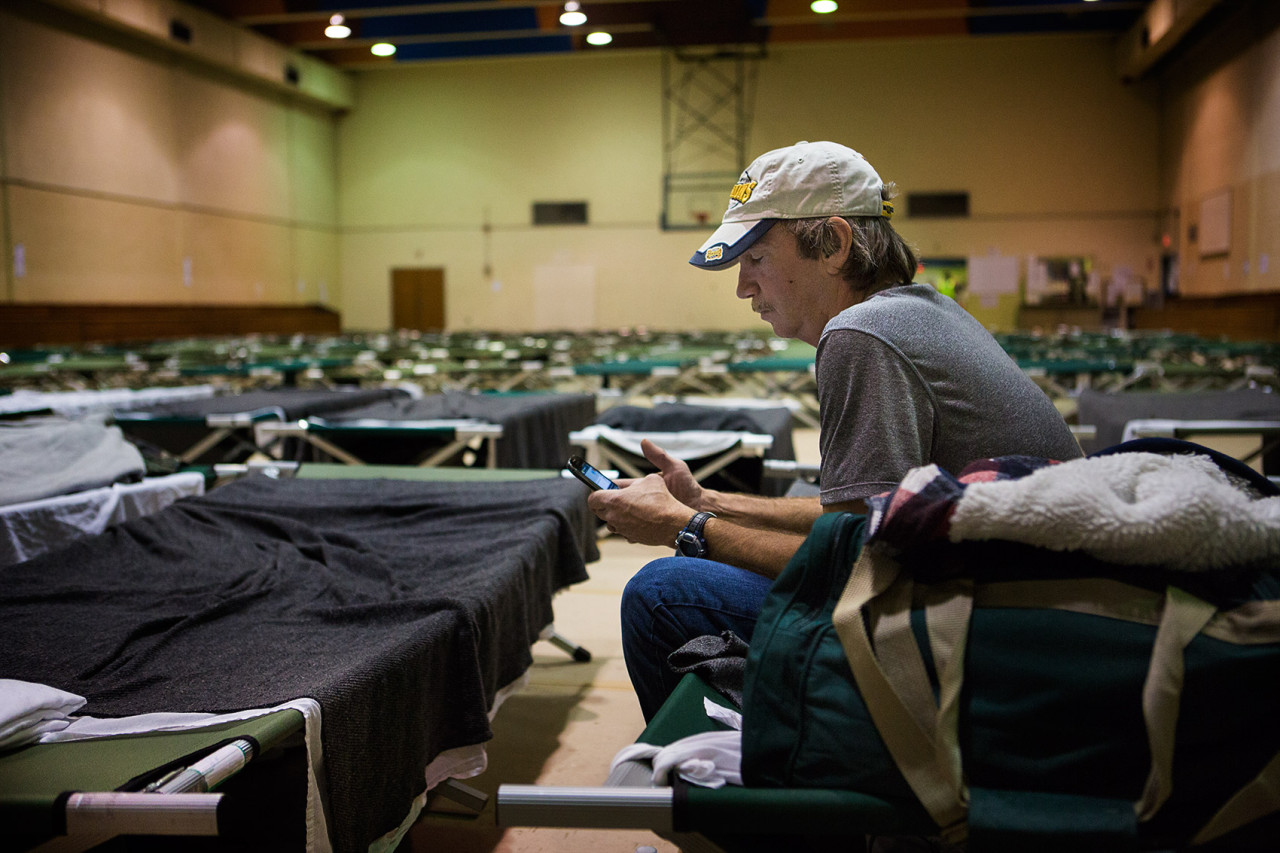Advertisement
Boston Opens Expanded Southampton Street Homeless Shelter

Eight months after access to the city's largest homeless shelter, on Long Island, was cut off due to a bridge closure, Boston Mayor Marty Walsh on Thursday officially opened a new shelter for homeless men.
The shelter, a renovated former transportation building located at 112 Southampton St., now can offer more than 400 emergency beds nightly.
The site first opened, rapidly, with 100 beds in January, and added 150 more in April, according to Walsh's office. In January, the city said the complete build-out of the shelter was expected to be done in the spring.
Officials plan to add a kitchen and clinic space to the site later this year.
"This project is a testament to what can be established when we work together to tackle our City's biggest challenges," Walsh said in a statement Thursday lauding the space's opening. "This is not just a shelter — but a front door to counseling, support and permanent housing."

Hundreds of the city's homeless were displaced in October, when a bridge to Long Island, in Boston Harbor, was shuttered due to safety concerns. In the weeks later, makeshift shelters were then set up to fill the need.
"Reopening this shelter and the transitional beds restores the services that the city offered before the Long Island Bridge closure," Walsh's office said in the Southampton Street statement Thursday. "Temporary shelter beds located at the South End Fitness Center, Boston Rescue Mission and Boston's Health Care for the Homeless ... were closed this week."
The Southampton Street shelter beds are available to men, according to the city statement, and its design "allows for a dedicated space to shelter homeless young adults and transgender guests."
For women who are homeless, Walsh's office said the Woods-Mullen shelter, on Massachusetts Avenue in the South End, will be converted to a female-only shelter. Woods-Mullen currently has 190 beds, 66 for women. The city statement doesn't include a timeline for the shelter conversion.

Thursday's formal opening of the shelter coincided with the release of a Walsh administration action plan to combat homelessness in Boston.
The plan has two stated goals: to end veteran homelessness in the city by 2015, and to end chronic homelessness by 2018.
"The root causes of homelessness are complex, and intertwined with issues that many Bostonians struggle with on a daily basis, such as addiction, mental illness, and unemployment," Walsh wrote to open the action plan. "But I firmly believe that we can achieve these goals."
There are about 80 homeless vets in Boston, according to a recent tally by the city, which has already seen strong progress in getting that figure down: There were 414 homeless veterans in July 2014, the city said.
On the other goal, as of a Feb. 25 citywide census, there were 600 chronically homeless people in Boston shelters and on the street. (Chronically homeless, according to the federal government, refers to a person with a disabling condition who's homeless for a year or more, or has had at least four episodes of homelessness in the past three years.)
The action plan seeks to focus efforts on "front-door triage," and then getting people rapidly rehoused or into permanent supportive housing.
The plan says the city must "redesign Boston’s homelessness response system based on a Housing First approach, which promotes connecting homeless households to housing first, regardless of their characteristics, and subsequently offering services that stabilize the household once in housing."
The plan's authors estimate Boston will need a total of 950 units of permanent supportive housing over the next three years. That would account for some $6 million of the $12.7 million in new financial resources the plan suggests the city needs from 2015-2018.
Mayor Walsh told WBUR’s Delores Handy he wants to raise the nearly $13 million in new funds from state, city and private sources.
The action plan came together following the Long Island bridge closure.
The closure “brought into focus the fragility of the shelter system in Boston, and helped all providers realize that, on any given day, we are one shelter closure away from a crisis,” the action plan says.
Correction: An earlier version of this story left off part of the federal government's definition of chronic homelessness. We regret the error.
This article was originally published on June 25, 2015.
